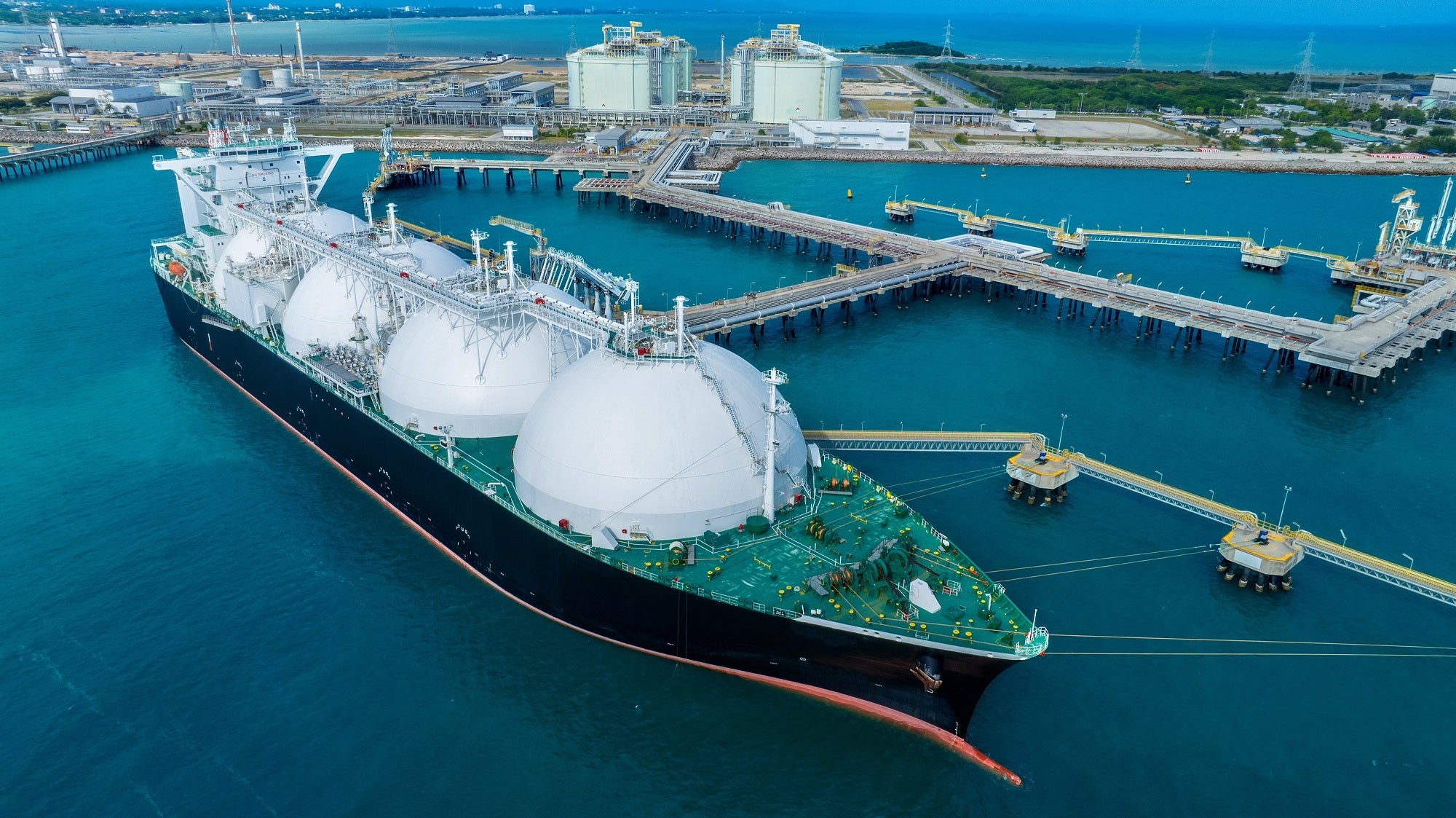
Germany’s developing LNG terminal in the Elbe river port of Stade in Lower Saxony expects its floating regasification vessel to arrive in February, enabling seaborne gas cargoes to power local pipeline grids.
Johannes Killinger, managing director and co-shareholder of operating company Hanseatic Energy Hub (HEH), said: “The Transgas Force [the designated ship] is anticipated to arrive in February and will remain for three years, ahead of the commissioning of a land-based regasification terminal. The final investment decision for that terminal will come within the next few weeks, there are only formalities left.”

Discover B2B Marketing That Performs
Combine business intelligence and editorial excellence to reach engaged professionals across 36 leading media platforms.
HEH’ plans are part of Germany’s strategy to increase imports of LNG and reduce reliance on Russian gas after the country was painfully exposed at the beginning of Russia’s full-scale invasion of Ukraine in 2022.
Last month, HEH announced it had buyers lined up for an equivalent of 15% of Germany’s annual gas demand for the land- based terminal, which is scheduled to replace the floating one from 2027.
In future, parties using the hub will have the option of converting to ammonia as a carrier for zero-carbon hydrogen imports to move away from fossil gas imports, making the system more sustainable.
According to Killinger, HEH’s LNG licences last until 2043, but a conversion to ammonia could happen much sooner.

US Tariffs are shifting - will you react or anticipate?
Don’t let policy changes catch you off guard. Stay proactive with real-time data and expert analysis.
By GlobalDataNearby chemical company Dow supports HEH’s activities. Joerg Schmitz, senior adviser for LNG at Dow, said that when ammonia is produced using renewable energy, it can help with the transition to a low-carbon economy. Furthermore, adjacent gas pipelines, electricity lines and storage infrastructure could all be adapted, he added.
In July, the European Commission approved a €40m ($44.14m) support measure for the construction and operation of Germany’s first onshore LNG terminal in Brunsbüttel.



